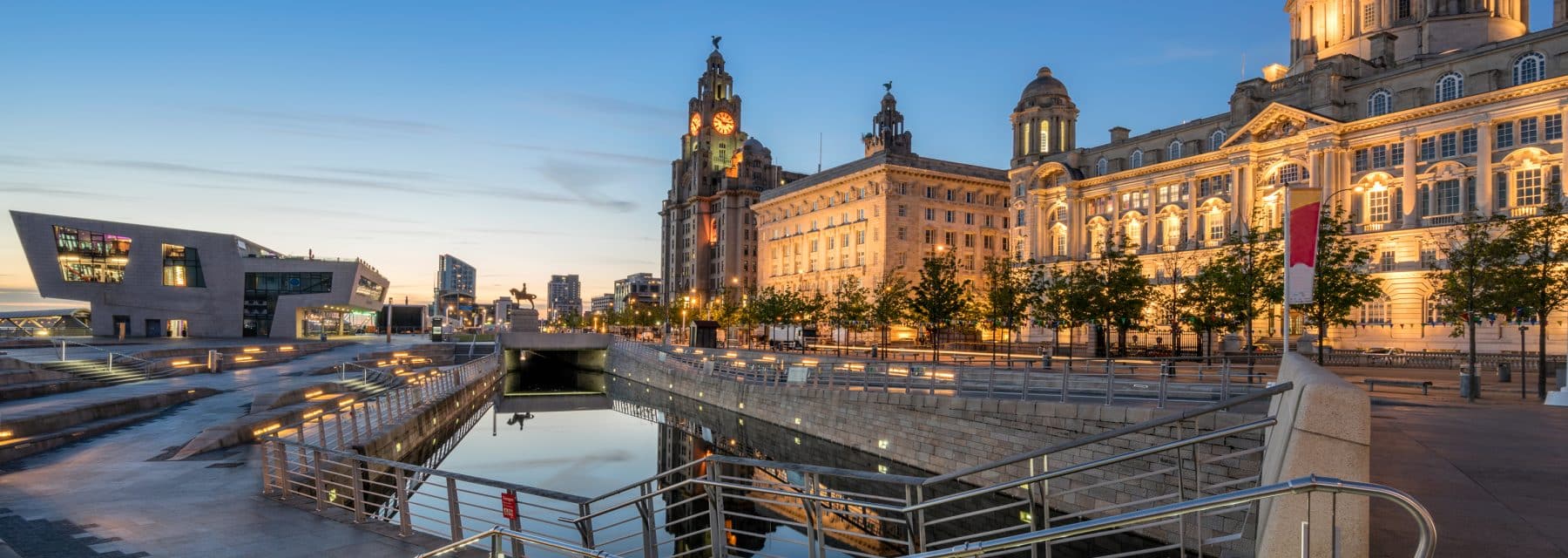
Sustainable Cities Mobility Challenge
As more European cities pledge to rapidly cut carbon emissions, sustainable transport plays a crucial role in the transition to a net-zero carbon society.
For the third year running, Climate KIC and FedEx Express Europe are organising the Sustainable Cities Mobility Challenge for European cities to identify impactful and innovative projects that accelerate the transition towards cleaner, sustainable and inclusive mobility.
This year, we are particularly keen to support projects that create street space that enables healthy, active mobility and that also incorporate greening, as these can simultaneously deliver benefits for the climate, quality of life, biodiversity and sustainable transport.
The impact of the Challenge
Meet the 2024 Winners
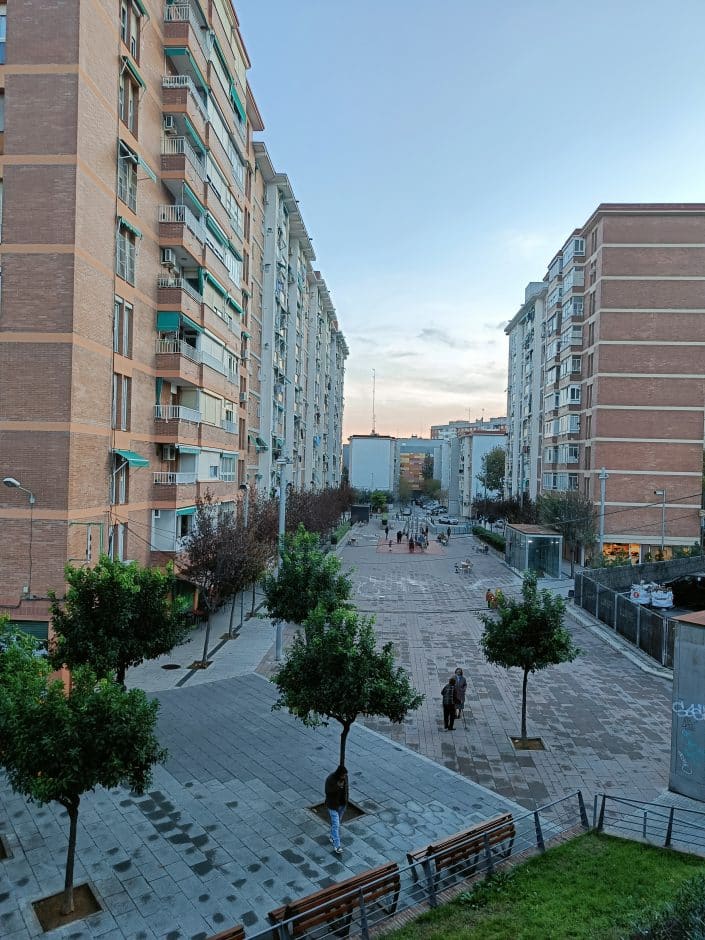
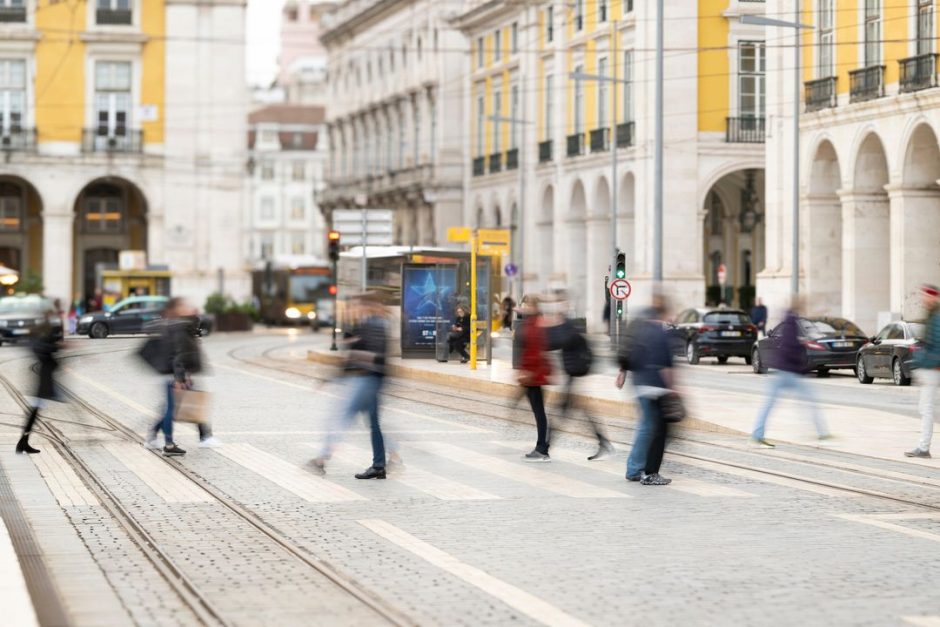
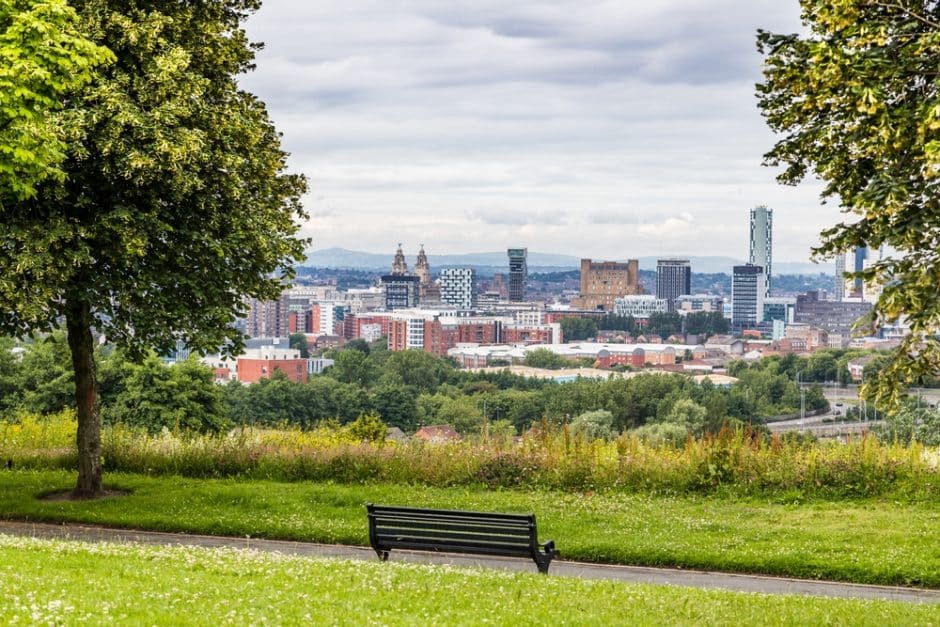
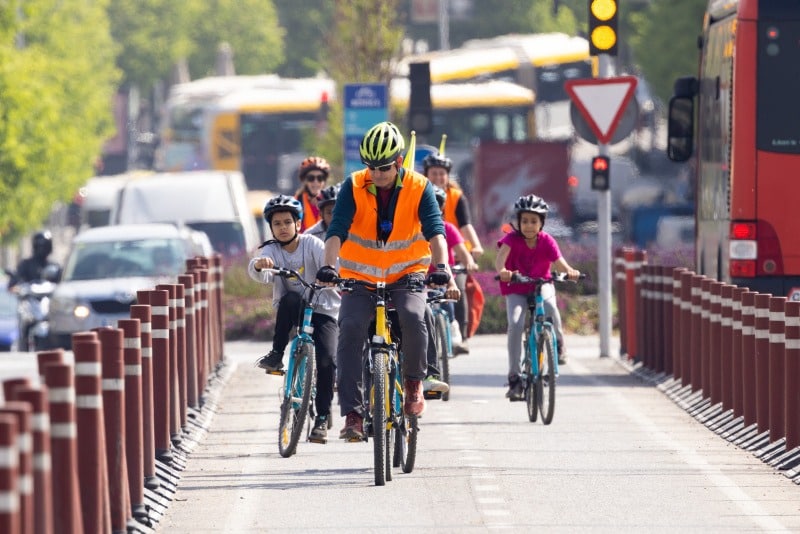
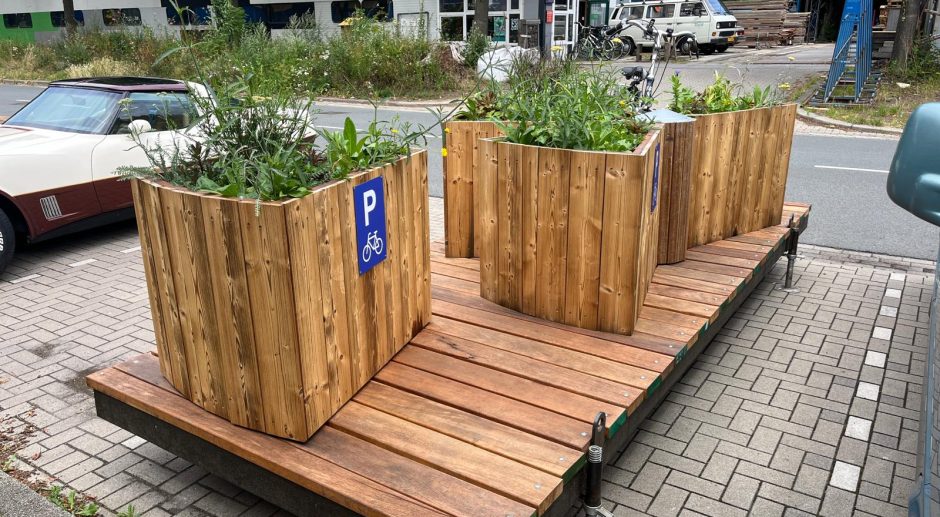
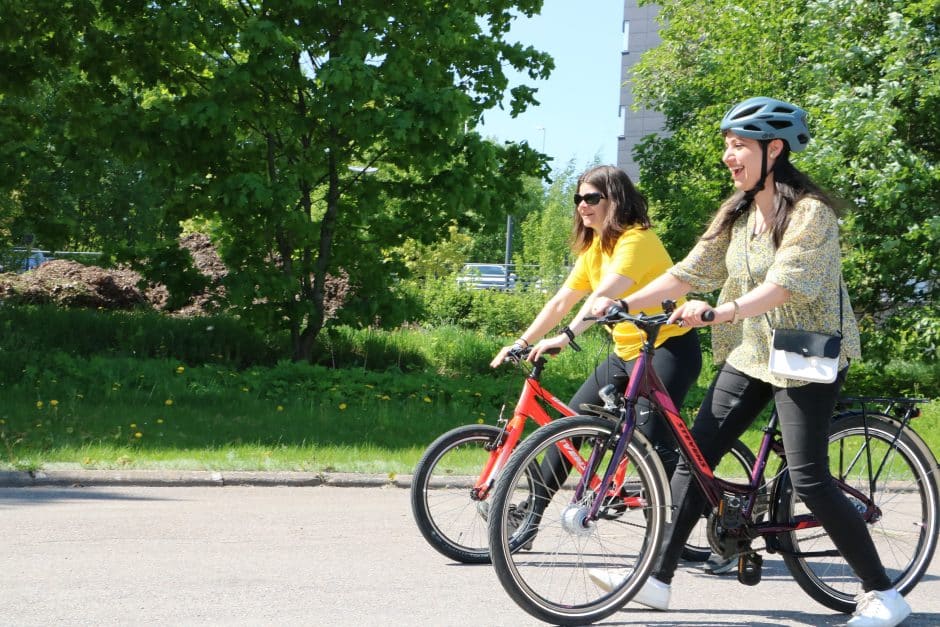
Espoo, Finland: Cycle participation with immigrant outreach
The City of Espoo’s proposal has two aims: to increase cycling in a way that addresses social inclusion and gender equality while boosting business for local bicycle repair shops. Espoo is currently expanding its bicycle infrastructure, providing a sound basis for the project.

Karasu, Türkiye: Creating safe travel corridors for citizens
The municipality and the local Sakarya University of Applied Sciences are teaming up to create safe and effective active travel corridors for pedestrians, bicycles and scooters by reallocating street space. They seek to reduce the dominance of motor traffic, and to promote the wider transition to active travel and collective sustainable mobility.
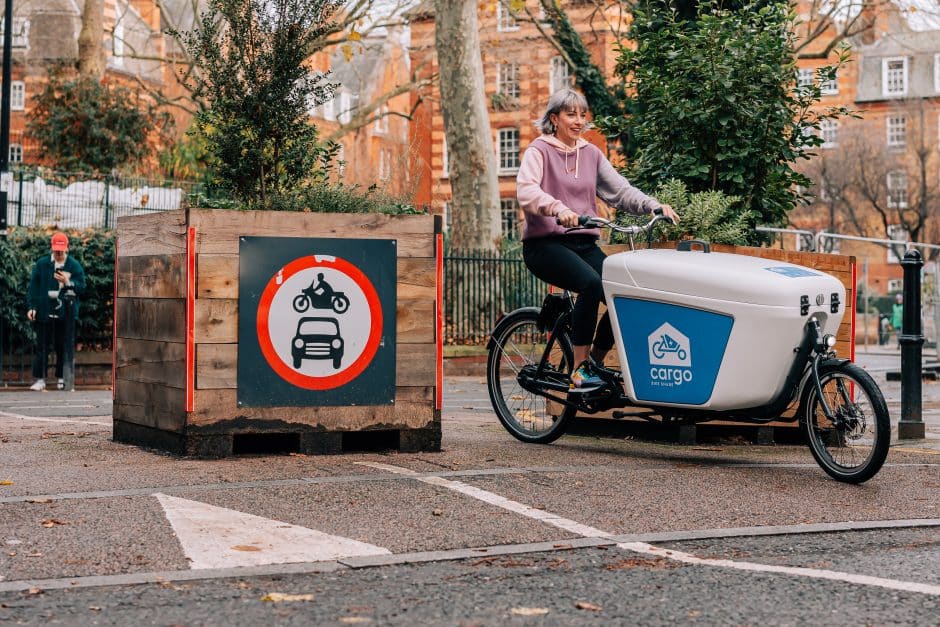
Hackney, UK: Expanding cargo bike use
By partnering with local business associations and e-cargo bike suppliers, the city aims to scale up proven Zero Emissions Network (ZEN) activities to build an active network of businesses committed to zero-emissions transport over the long term, as well as share knowledge and learning with other cities for potential replication.
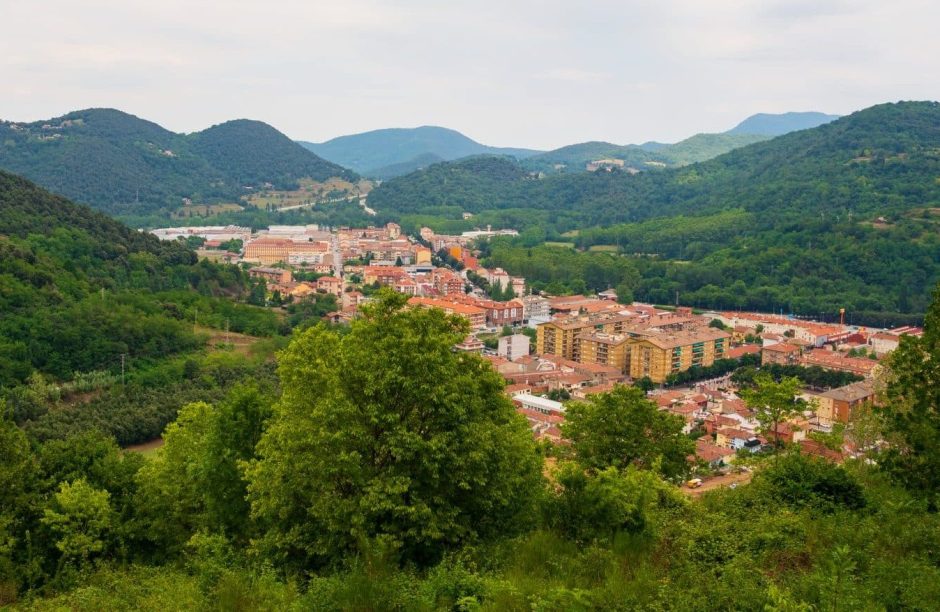
Olot, Spain: Safe cycling storage to reduce anxiety and theft
City council representatives propose installing a network of these facilities in areas with high transport demand, such as the hospital, primary care centre, sports centres and bus stations, where bikes are left for hours at a time. Users will be able to register and operate secure shelters via a smartphone app.
